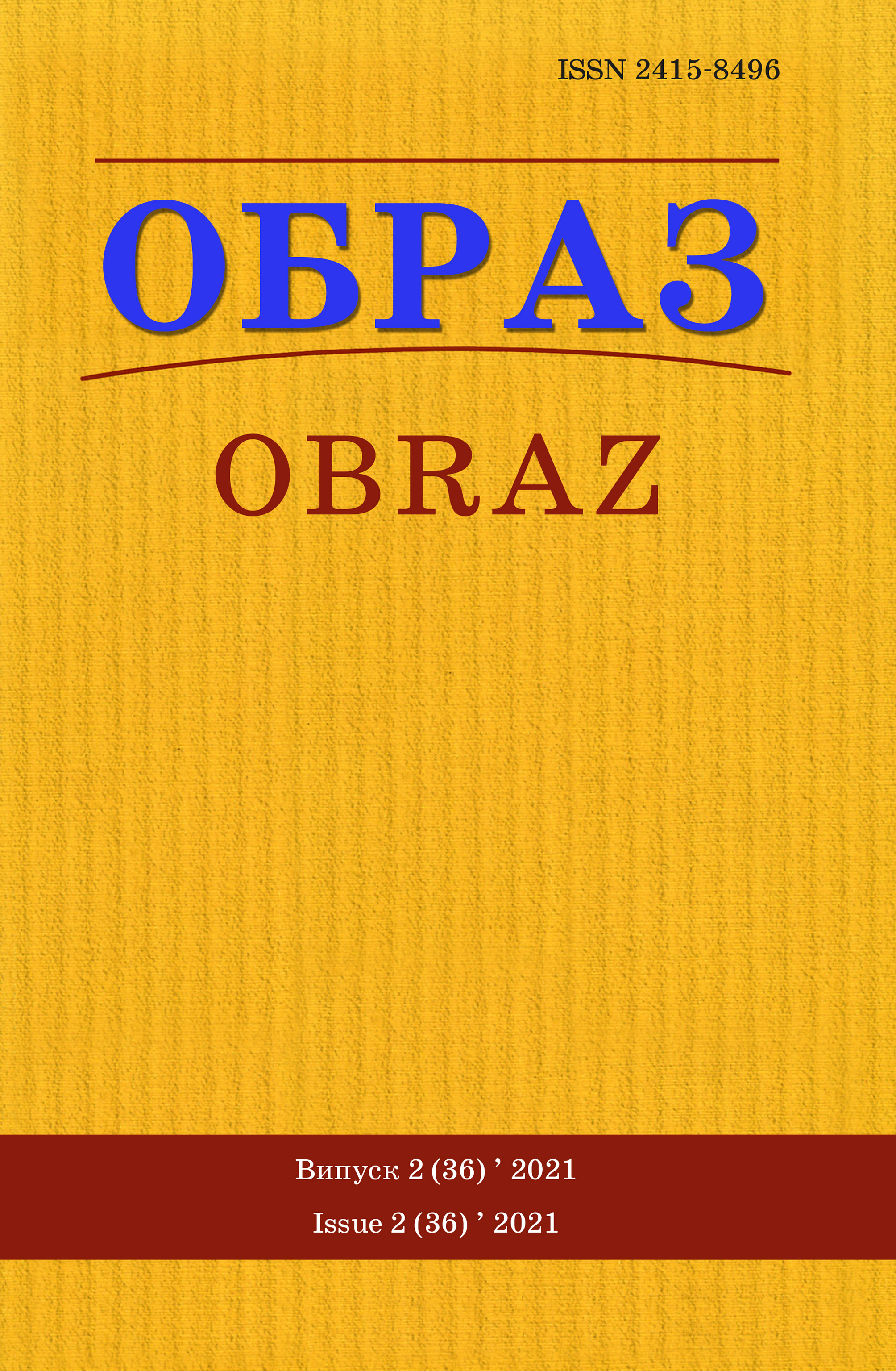Анотація
Завдання наукової роботи – дослідити проблему поширення методів нової журналістики в Україні. Визначено, що репортерство у вітчизняних ЗМІ розвивається повільно, суто репортерські матеріали є рідкістю. Проаналізовано причини цього явища, запропоновано можливі шляхи оптимізації ситуації. Окреслено можливості опанування вітчизняними репортерами основ нової журналістики. Акцентовано на необхідності вивчення теоретичної та практичної спадщини Тома Вулфа – американського репортера, теоретика нової журналістики. На конкретних прикладах діяльності вітчизняних друкованих та інтернет-видань продемонстровано перші спроби застосування прийомів нової журналістики у вітчизняних ЗМІ.
Посилання
1.Wolf, T. (2008), New journalism and the Anthology of new journalism, Амfоrа, St. Petersburg, 574 р.
2. Vasilenko, M.K (2001), «On the effectiveness of training reporters for the new program at the Institute of Journalism», Naukovi zapysky Instytutu zhurnalistyky KNU imeni Tarasa Shevchenka [Scientific Notes of the Institute of Journalism of Taras Shevchenko National University], vol. 2, p.16–24. Vasilenko, M.K. (2007), «Correlation of scientific and artisticaesthetic approaches in the analytical text», Zhurnalistyka [Journalism], no. 5 (29), p.14–28. Vasilenko, M.K. (2009), «Learn from Homer». Controversial notes on the extent of conjecture and fiction in a journalistic text, Naukovi zapysky Instytutu zhurnalistyky KNU imeni Tarasa Shevchenka [Scientific notes of the Institute of Journalism of Taras Shevchenko National University], vol. 37, p.110–114.
3. Prilyuk, D.M. (1973), Theory and practice of journalistic creativity, Higher School, Kyiv, 271 p.
4. Prokopenko, I.V. (1959), Report in the newspaper, KSU named T.G. Shevchenko, Kyiv, 158 p.
5. Radchik, R.V. (2015), Journalism specialty: information genres: textbook, Taras Shevchenko National University, Kyiv, 272 p.
6. Toynbee, A.J. (2002), Philosophical encyclopedic dictionary, Hryhoriy Skovoroda Institute of Philosophy of the National Academy of Sciences of Ukraine, Kyiv, 742 p.
7. Goal, J. (2005), Online journalism, KIS, Kyiv, 217 p.
8. Shandra, A. (2021), Bypassing sanctions: how EU companies operate in Crimea and whether it is possible to stop it, European Truth, Kyiv, available at: https://www.eurointegration.com.ua/ articles/2021/09/23/7128101/ (accessed September 23 2021).
9. Zhadan, S. (2020), Intellectual lockdown, Novoe Vremya, Kyiv, available at: Хhttps: // uainfo.org/blogosphere/obshestvo/1607149755-intelektualniy-nokdaun-nv-.html. (accessed November 7).
10. Vasilenko, M.K. (2001), «Historical reporting: paradoxes of the genre, methods of preparation and writing», Naukovi zapysky Instytutu zhurnalistyky KNU imeni Tarasa Shevchenka [Scientific Notes of the Institute of Journalism of Taras Shevchenko National University], Kyiv, vol. 3, p. 28–35.

Ця робота ліцензується відповідно до ліцензії Creative Commons Attribution 4.0 International License.

